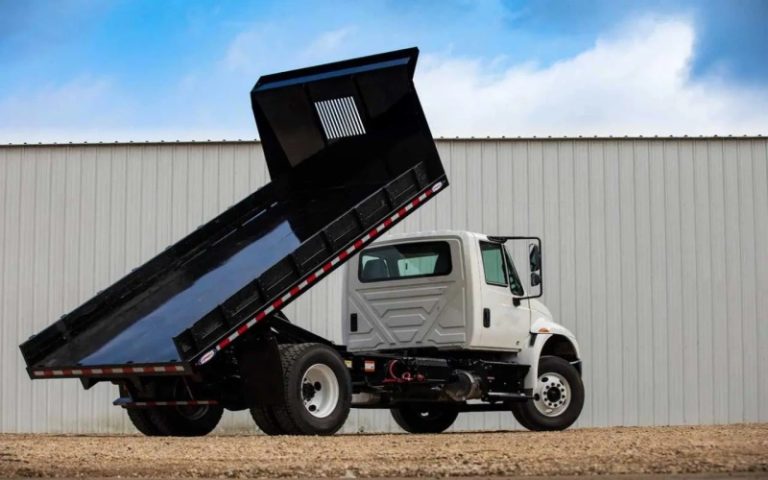Rigid haul trucks are now essential and reliable for mining, farming, construction, and other sectors that need heavy equipment. From the tedious routines of mining operations to the uncountable intricacies of the construction sites, these giants do the most challenging jobs with fierce determination and much stamina. Exploring harsh terrains and weather elements, they ensure that the massive weight of the goods stays intact with precision and high strength. To enhance the longevity and ensure optimal functionality of heavy equipment, it’s crucial to consider storing the vehicles in good parking areas. Utilizing self-storage facilities, like the self storage units Springfield, can help ensure safe parking for heavy equipment when not in use.
While they provide the much-needed mobility and ease of travel, the need to keep them in good working order and running at their optimum capacity cannot be understated when left alone, even the most durable of rigid haul trucks can, over time, collapse, bringing progress to a momentary stop and hence production down. Therefore, stringent maintenance regimes are needed to keep these workhorses performing at their prime and to guarantee the smooth running of industrial businesses. Read on for more information on maintenance best practices and the importance of rigid haul truck training.
Understanding the Importance of Maintenance
Rigid haul trucks undergo tremendous stress and wear during their operational period. Maintenance of even the busiest machines can be disrupted by defects that require expensive repairs and can also slow down production. Operators can minimise the occurrence of unforeseen breakdowns and extend the lifetime of their devices through the use of the planned maintenance routine.
Key Maintenance Tips
Regular Inspections: Regularly check crucial elements like brakes, tyres, hydraulics, and engine systems during routine inspections. Identify the signs of wear, leaks, or damage that may worsen the performance or safety.
Fluid Analysis: It is critical to regularly check fluids like engine oil, hydraulic fluid, and coolant so they do not contain contaminants, are kept within the proper acidity level, and provide the correct lubrication. Early fluid replacements can prevent component failure and prolong the working time of essential systems.
Tyre Maintenance: Inspect tire pressure and tread depth frequently. The correct inflation and tread condition, among others, facilitate stability, traction, and overall safety. Rotate tyres regularly to even out the wear and increase the tyre’s life.
Dust Control: Implement dust suppression methods that help prevent abrasive particles from elapsing through sensitive components like bearings, seals, and electrical systems. Dust may increase friction that eventually leads to wear and may cause some parts of the machine to fail.
Greasing and Lubrication: Provide sufficient lubrication at the moving parts to reduce friction and wear. Make sure to accentuate hinges, joints, and articulation areas. Skipping lubrication can lead to a short lifespan of components and high maintenance expenses.
Operator Training: Invest in a heavy rigid haul truck training curriculum for operators. Trained personnel can detect problems easily, work machines efficiently, comply with maintenance policies, and, as a result, avoid accidents and downtime.
Data Monitoring and Analysis: Use sophisticated telematics and monitoring systems to monitor equipment performance parameters in real time. Analysing the trends from data can expose areas for improvement, increase operational efficiency, and help deal with probable maintenance issues beforehand.
Conclusion
In the rigorous domain of heavy equipment operation, meticulous maintenance emerges as the bedrock upon which reliability, safety, and longevity are built. Through steadfast adherence to a meticulously crafted maintenance schedule and the proactive implementation of preventive measures, operators can uphold their rigid haul trucks in an optimal state, enabling them to deliver peak performance while minimising disruptive downtime.
It’s crucial to recognise that investing in maintenance transcends mere preservation of equipment; it’s an investment in the efficiency and profitability of operational endeavours. By prioritising maintenance protocols, operators not only shield their valuable assets but also fortify the safety of their workforce and fortify their competitive position within the dynamic industrial landscape of today.
Therefore, let us pledge unwavering commitment to the care and maintenance of our rigid haul trucks. In doing so, we ensure that these stalwart machines continue to bear the burdens of our industries with unyielding strength and reliability, propelling us toward success and prosperity.

